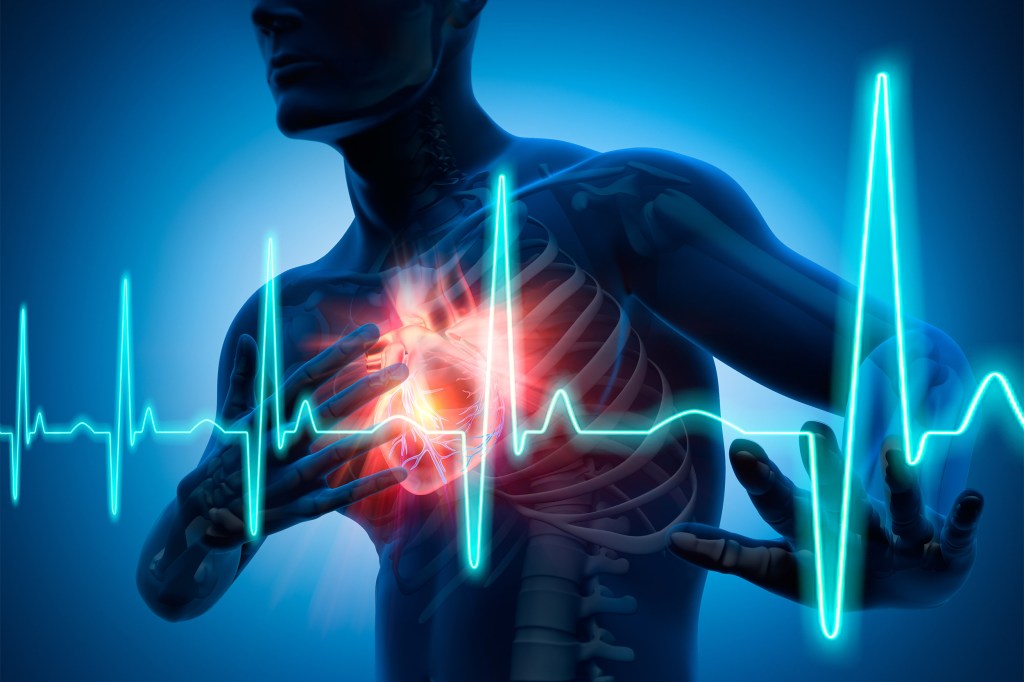Health
-
Lin Test
text with link. This is a quiz. Some text Name Name Quo modo autem philosophus loquitur? Tecum optime, deinde etiam cum mediocri amico. Invidiosum nomen est, infame, suspectum. Name Name…
-

Gender-affirming care is rare, study says
Fewer than 1 in 1,000 transgender youth receive hormones or puberty blockers

-

Nature offers novel approach to oral wound care
Slug’s sticky mucus inspiration behind adhesive hydrogel that can seal wounds in wet environment

-

Time for a rethink of colonoscopy guidelines?
Change informed by new findings would help specialists focus on those most at risk, researcher says

-

Should pharmacists be moral gatekeepers?
‘The problem is not opioids,’ says author of ‘Policing Patients’ — it’s overdose, pain
-

The deadly habit we can’t quite kick
Actions by tobacco companies worry researcher even amid ‘dramatic decrease’ in smoking among young Americans

-
When pollinator populations are in peril
New Harvard study finds pollination loss removes healthy foods from global diets, increases chronic diseases causing an estimated 427,000 excess deaths annually.

-
Eating more during the holidays? Don’t mistake Oreo calories for olive calories.
David Ludwig discusses the drivers of the country’s obesity crisis and how more people can maintain a healthy weight.

-
N.Y. plan to involuntarily treat mentally ill homeless? Not entirely outrageous.
Katherine Koh, a street psychiatrist at Mass. General Hospital, explains the complicating factors behind New York City’s proposal to involuntarily treat mentally ill homeless people.

-
Severe COVID-19 linked with brain aging
Researchers have linked the molecular signatures underlying brain aging with the cognitive decline observed in patients with severe COVID-19.
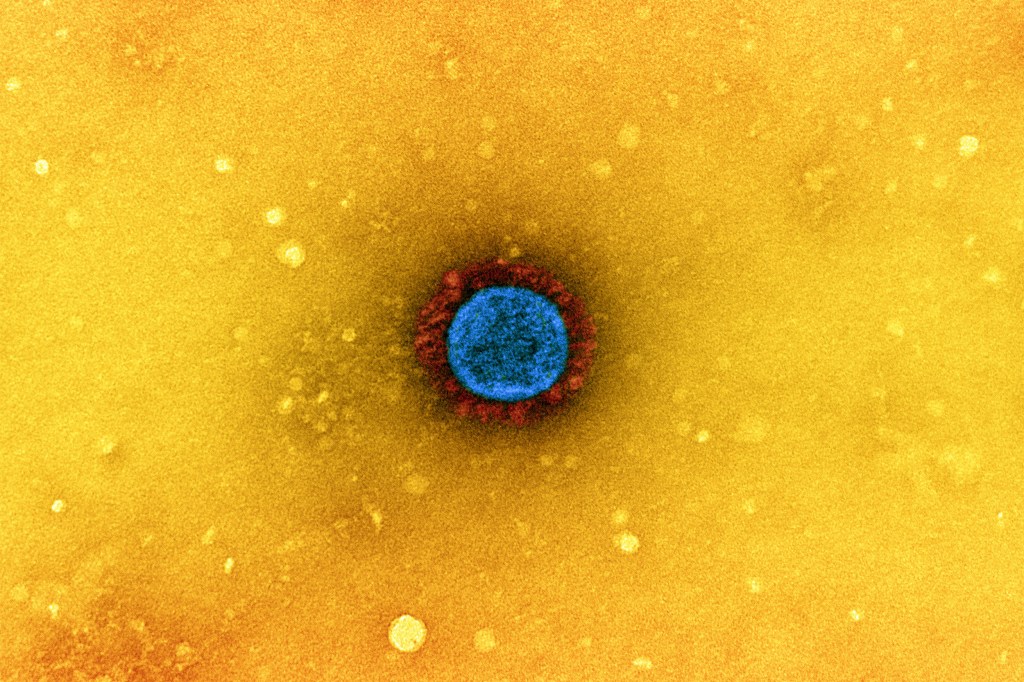
-
‘What kind of husband could stand by idly for four years while his wife’s breast cancer grew?’
Barrett Rollins, wife Jane Weeks were Dana-Farber stars who kept her cancer secret nearly to end

-
DASH diet’s impact differs based on race and gender
A new study shows that the Dietary Approaches to Stop Hypertension (DASH) diet reduces the risk of cardiovascular disease, especially for women and Black adults.

-
New CDC guidelines a ‘corrective’ for opioid prescriptions, specialist says
The CDC updates its 2016 opioid prescribing guidelines, to emphasize flexibility over rigid practices and laws whose aim is to reduce addiction.

-
Knowing what the doctor knows
Tom Delbanco explains why he supports giving patients greater access to records

-
Alcohol, sleep, and politics
A new BIDMC study suggests that divisive political events like elections can negatively affect one’s sleep and emotional well-being.

-
New AI tool can predict melanoma recurrence
A new AI tool may help clinicians determine which early stage melanoma patients would likely benefit from aggressive treatment even at the onset of the disease.
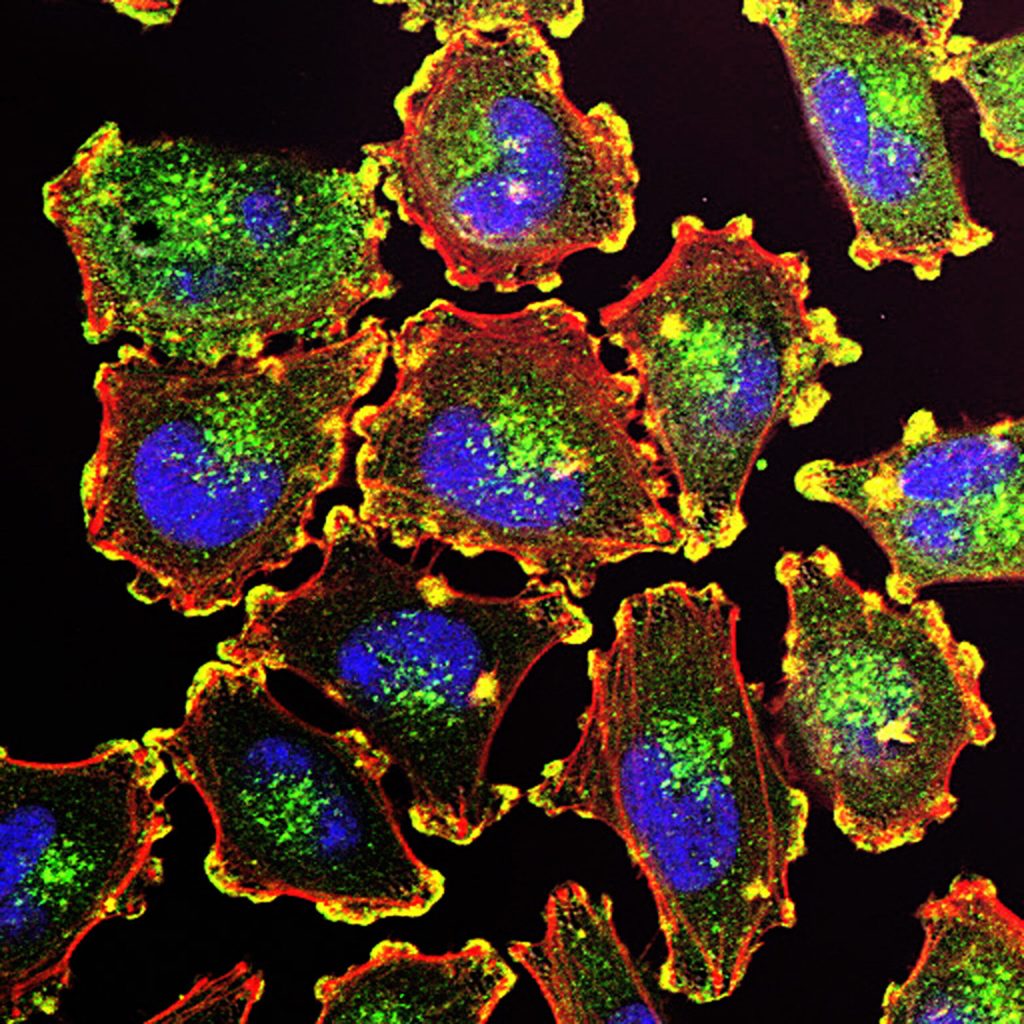
-
When our cells turn against us
Cells are the building blocks of life, Siddhartha Mukherjee says in his new book, but their vulnerabilities are also our vulnerabilities.
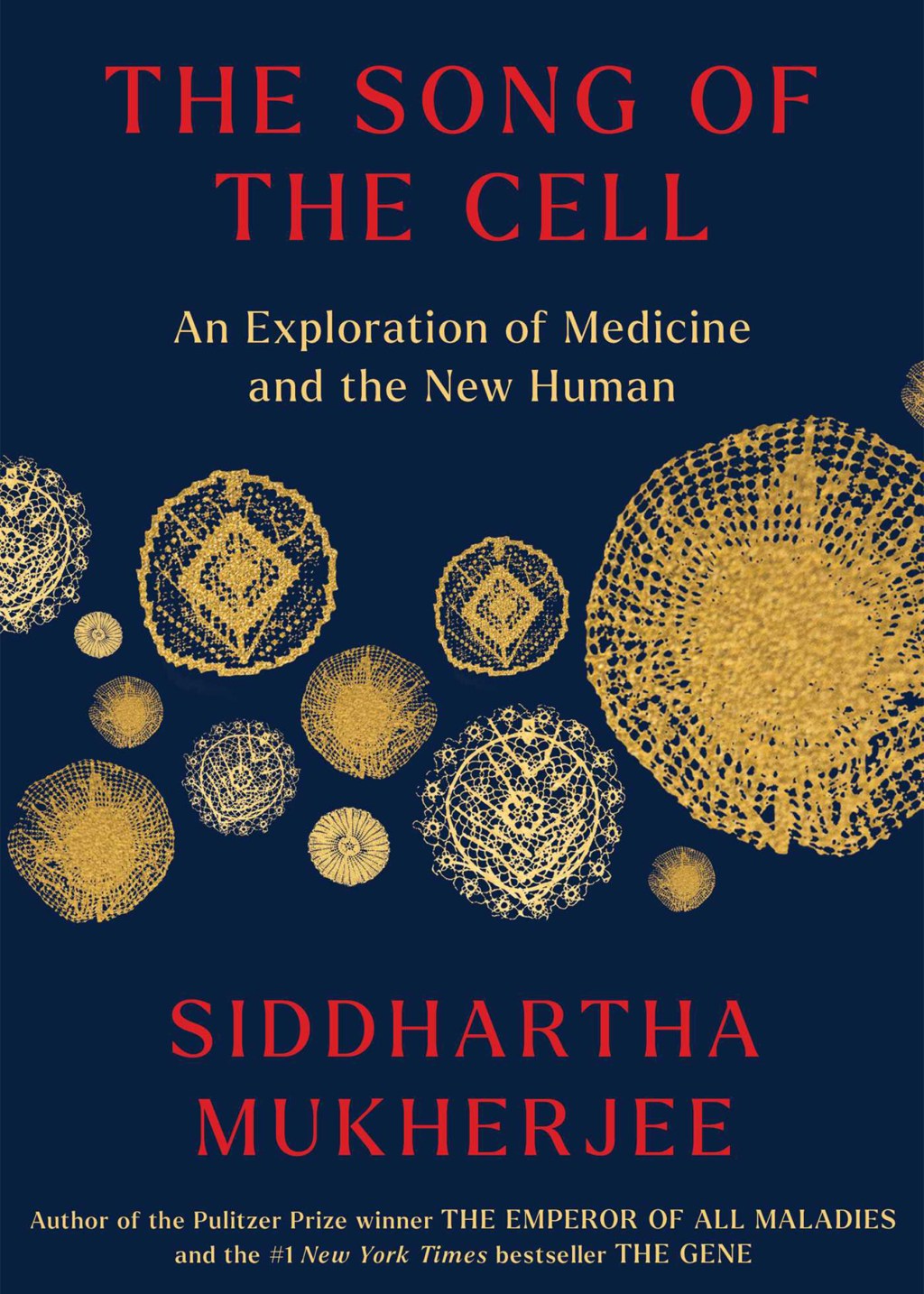
-
Study details better outcomes for Omicron BA.2 patients
A team led by investigators at Massachusetts General Hospital has determined that Omicron BA.2 is weaker than both Delta and the original Omicron variant.
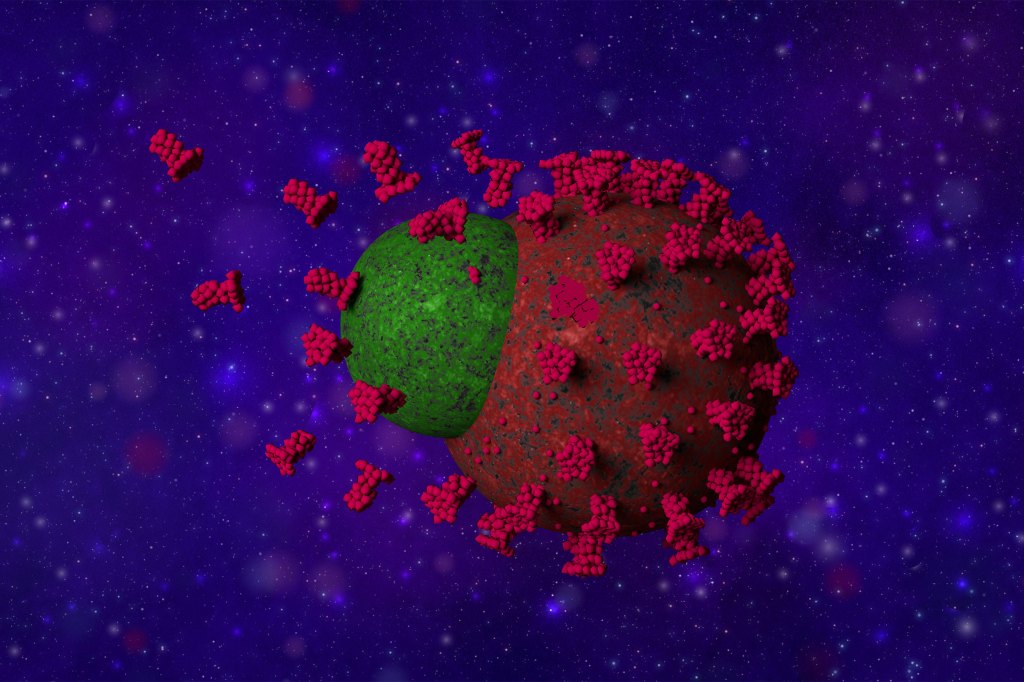
-
Siddhartha Mukherjee on Aristotle, COVID, and the ‘new human’
Pulitzer Prize-winning physician-author Siddhartha Mukherjee returns with “The Song of the Cell.”

-
Is pandemic finally over? We asked the experts.
Harvard faculty discuss changes to views on school, work, winter’s likely surge, danger of “lethal inflexibility.”
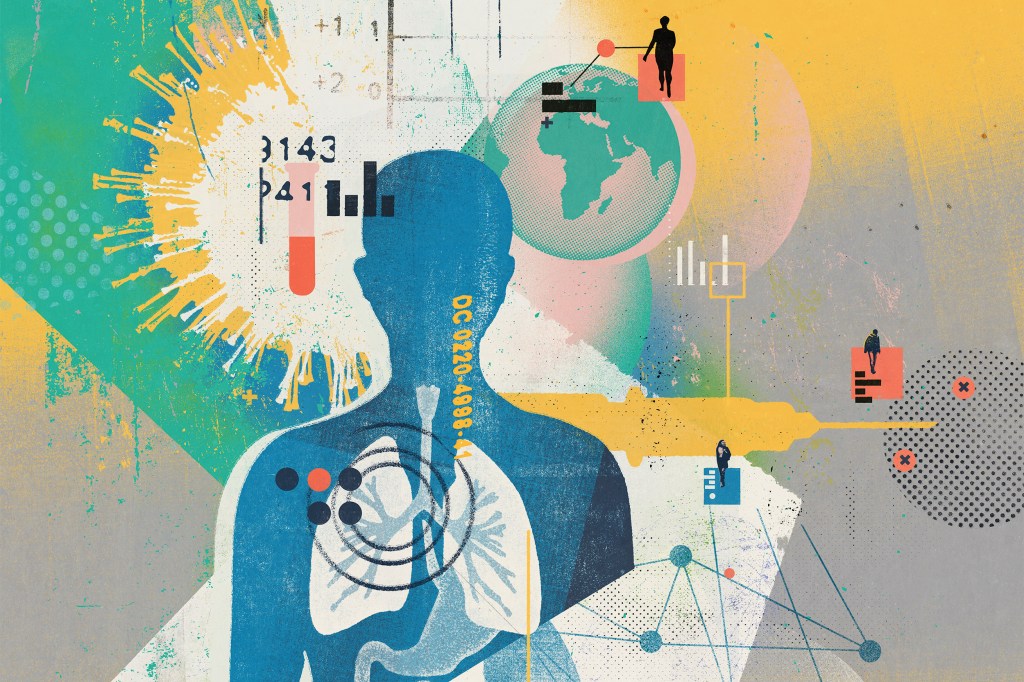
-
Building ‘bravery muscles’ to fight rising anxiety among kids
Harvard psychologist says pandemic worsened trend and screening, early intervention key to avoiding bigger problems.

-
Late-night eating and weight gain
A new study explains that when we eat significantly impacts our energy expenditure, appetite, and molecular pathways in body fat.

-
What makes us human? It’s all in the hips
Study shows how pelvis takes shape and what genes orchestrate the process.
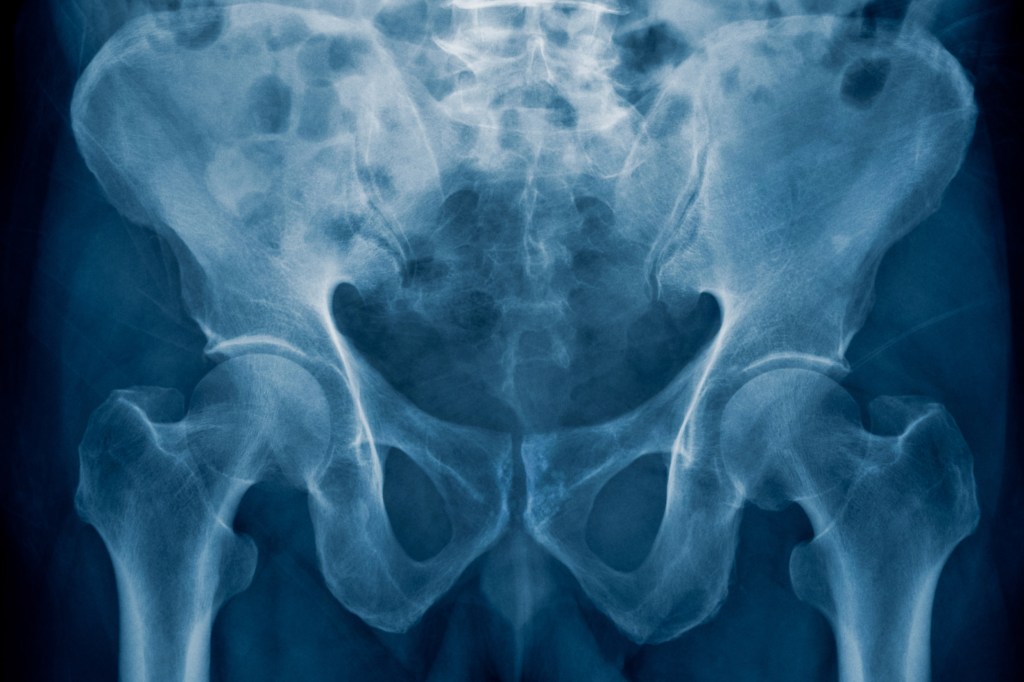
-
Parents are so wrong about teenage sleep and health
Harvard-affiliated study upends common myths around melatonin, weekends, school start times.

-
Forget the sedatives, I’ll take some VR
Study of hand-surgery patients suggests “immersive experience” can curb need for drugs, cut hospital stay.

-
Why are young people so miserable?
A Harvard-led study examining measures of well-being showed younger adults had the lowest scores of any age group.

-
Breast cancer findings ‘suggest a new set of criteria for avoiding radiation’
Emerging research suggests following surgery with medication may produce similar results for patients as young as 55.

-
Restricted airways, scarred lung tissue found among vapers
Study is first to microscopically evaluate the pulmonary tissue of e-cigarette users for chronic disease.

-
Dramatic rise in cancer in people under 50
Altered microbiome, lack of sleep seen as possible culprits in 30-year global increase among under-50 adults
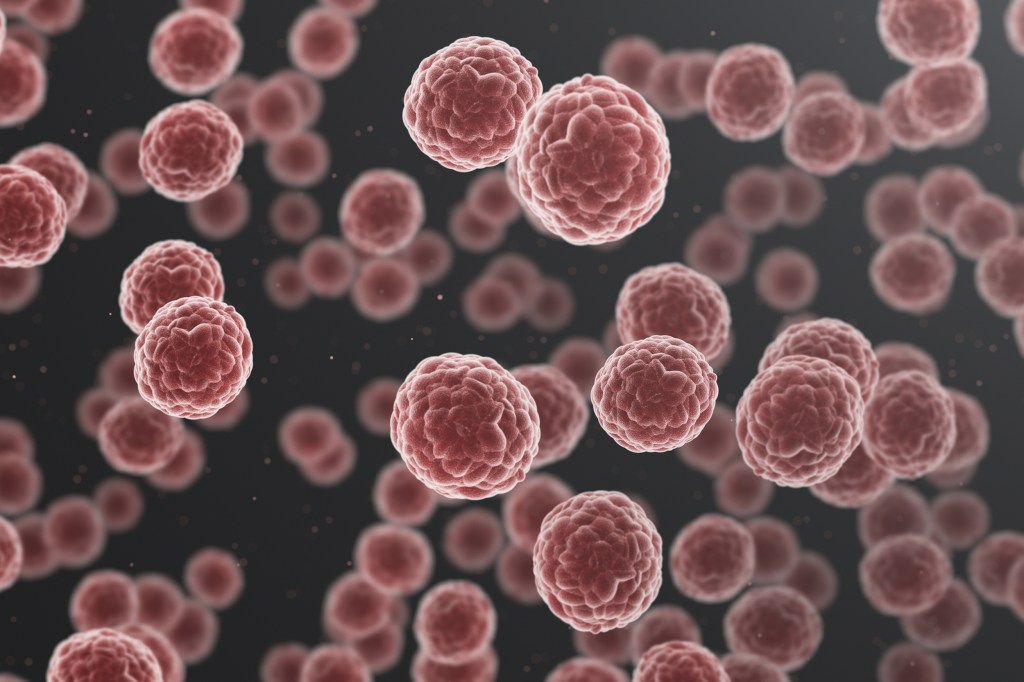
-
How to reduce health risks from a gas stove
If you have a gas stove taking a few steps can help protect your household.

-
Nurse practitioners fill care gaps amid surge in mental health demand
As demand for mental health care soars, nurse practitioners help offset drop in psychiatrists accepting insurance, study finds.

-
Psychological, not physical factors linked to long COVID
Depression, anxiety, worry, perceived stress, and loneliness measured before infection with COVID-19 were associated with up to 45 percent increased risk of developing long COVID.

-
Demystifying Parkinson’s
Vikram Khurana discussed recent advances and new, individualized approaches to Parkinson’s, as well as implications of the recent findings.

-
Study reveals fentanyl’s effects on the brain
Researchers have learned that fentanyl produces a specific EEG signature, which could allow clinicians to monitor its effects to enable safer, more personalized administration during and after surgery.

-
Being good for goodness’ sake — and your own
A Harvard Chan School study associated high moral character with lower depression risk as well as potential cardio benefits.

-
Diabetes drugs may reduce cardiovascular deaths
Drugs originally developed for the treatment of Type 2 diabetes were found to reduce cardiovascular deaths and heart failure events among patients.
